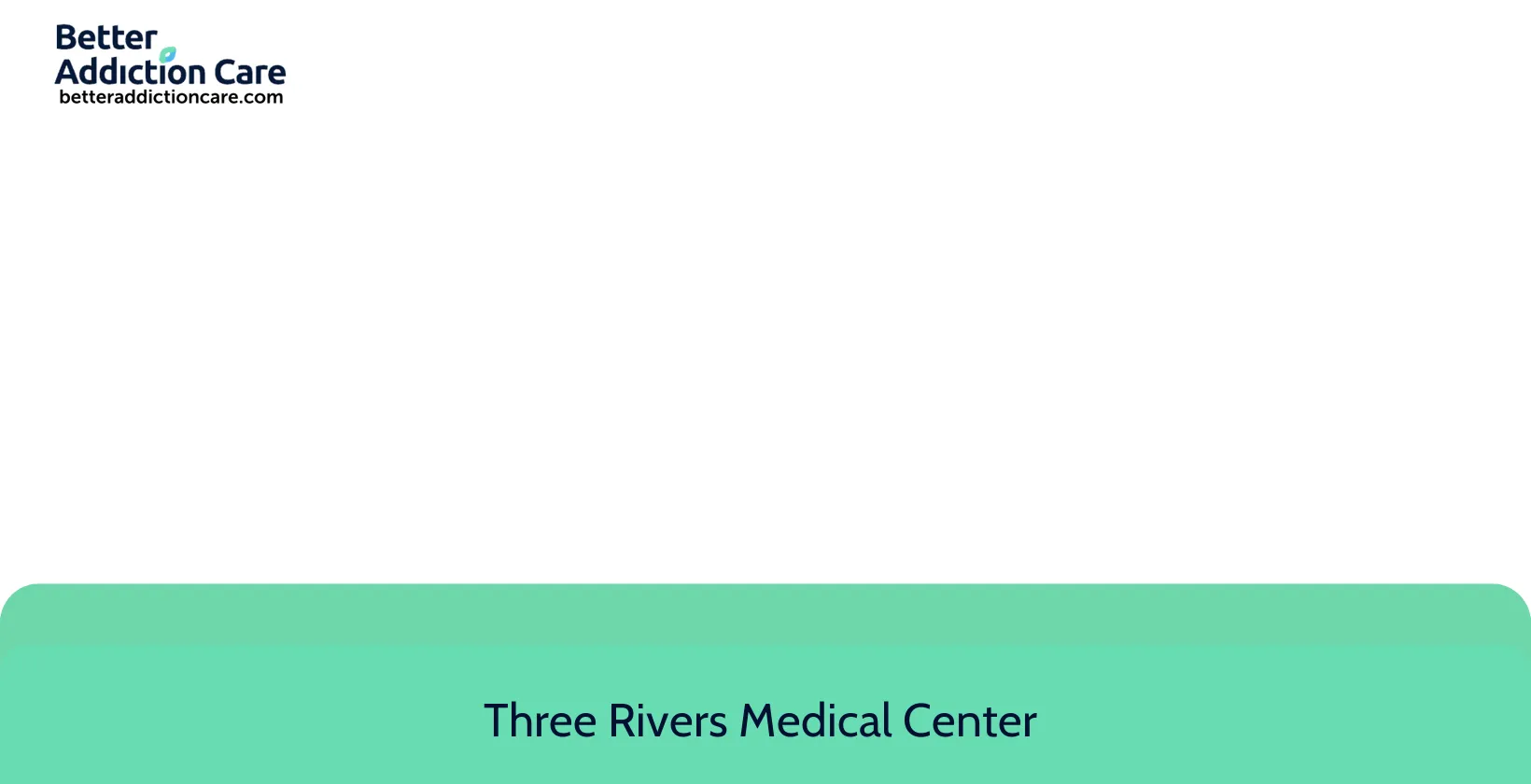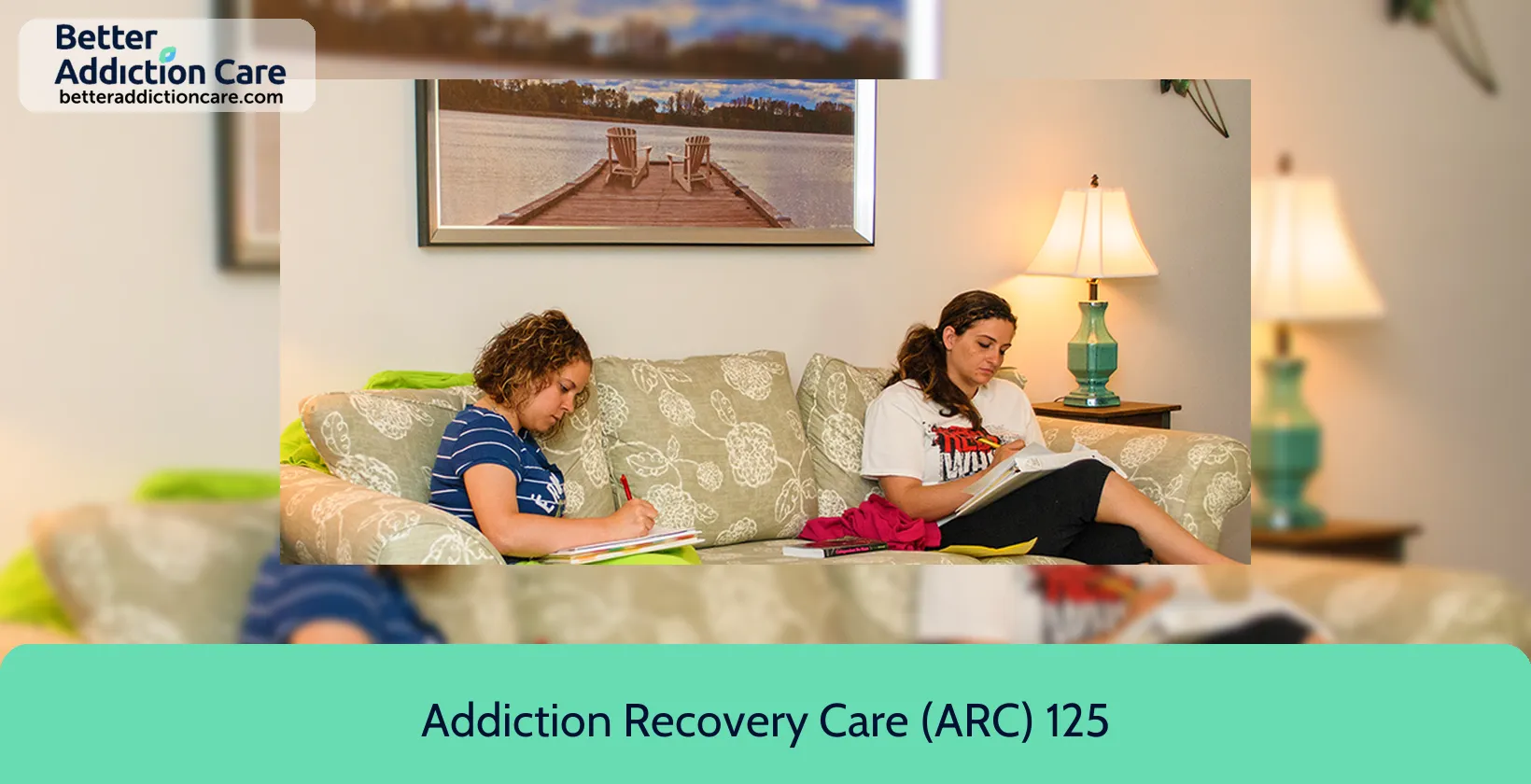
Overview
Addiction Recovery Care (ARC) 502 North Lackey Avenue is an accredited substance abuse treatment center that provides inpatient and outpatient treatment for men and women between 18 and 65+ years of age. As part of their special programs, Addiction Recovery Care (ARC) 502 North Lackey Avenue treats clients who have experienced trauma. To help patients achieve sobriety, Addiction Recovery Care (ARC) 502 North Lackey Avenue provides intake assessments. Afterward, patients receive cognitive behavioral therapy, telemedicine/telehealth therapy, and substance use disorder counseling during treatment. Addiction Recovery Care (ARC) 502 North Lackey Avenue is located in Louisa, Kentucky, providing treatment for people in Lawrence County, accepting cash or self-payment, medicaid, and state-financed health insurance plan other than medicaid.
Addiction Recovery Care (ARC) 502 North Lackey Avenue at a Glance
Payment Options
- Cash or self-payment
- Medicaid
- State-financed health insurance plan other than Medicaid
- Private health insurance
Assessments
- Comprehensive mental health assessment
- Comprehensive substance use assessment
- Outreach to persons in the community
- Screening for substance use
- Professional interventionist/educational consultant
Age Groups
- Young adults
- Adults
- Seniors
Ancillary Services
- Case management service
- Integrated primary care services
- Suicide prevention services
- Early intervention for HIV
- Mental health services
Highlights About Addiction Recovery Care (ARC) 502 North Lackey Avenue
7.46/10
With an overall rating of 7.46/10, this facility has following balanced range of services. Alcohol Rehabilitation: 8.00/10, Drug Rehab and Detox: 8.15/10, Insurance and Payments: 6.00/10, Treatment Options: 7.70/10.-
Drug Rehab and Detox 8.15
-
Alcohol Rehabilitation 8.00
-
Treatment Options 7.70
-
Insurance and Payments 6.00
Accreditations
Commission on Accreditation of Rehabilitation Facilities (CARF):

CARF accreditation is a prestigious recognition for organizations in rehabilitation and human services. It signifies that an organization meets rigorous quality standards and is committed to providing top-notch care. Achieving CARF accreditation involves a thorough evaluation process, including on-site surveys, to ensure excellence in programs and services. This accreditation boosts an organization's credibility, assures clients and funders of quality, and promotes ongoing improvement in the field of rehabilitation and human services.
Treatment At Addiction Recovery Care (ARC) 502 North Lackey Avenue
Treatment Conditions
- Alcoholism
- Substance use treatment
Care Levels
- Hospital inpatient treatment
- Outpatient
- Short-term residential
- Long-term residential
- Outpatient methadone/buprenorphine or naltrexone treatment
Treatment Modalities
- Cognitive behavioral therapy
- Telemedicine/telehealth therapy
- Substance use disorder counseling
- Trauma-related counseling
- Smoking/vaping/tobacco cessation counseling
Ancillary Services
Additional Services
- Pharmacotherapies administered during treatment
- Mentoring/peer support
- Drug or alcohol urine screening
Special Programs
- Clients who have experienced trauma

Additional Locations
Get Help Now
Common Questions About Addiction Recovery Care (ARC) 502 North Lackey Avenue
Contact Information
Other Facilities in Louisa

7.46

7.46

7.46

7.46

6.59

7.94
DISCLAIMER: The facility name, logo and brand are the property and registered trademarks of Addiction Recovery Care (ARC) 125 South Main Cross Street, and are being used for identification and informational purposes only. Use of these names, logos and brands shall not imply endorsement. BetterAddictionCare.com is not affiliated with or sponsored by Addiction Recovery Care (ARC) 125 South Main Cross Street.
